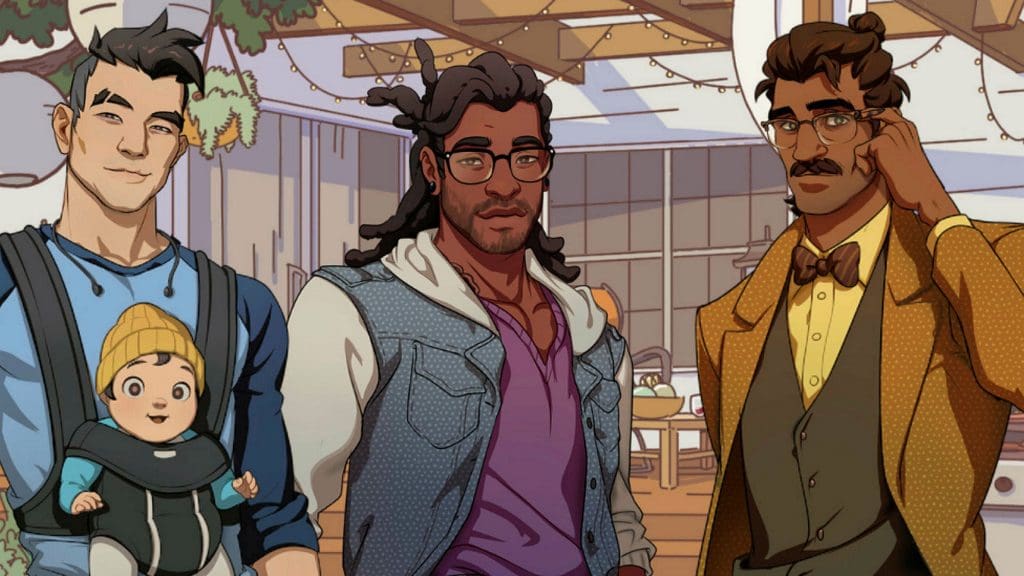Queer Representation in Video Games: A Progress Report
Leveling Up: The Journey of Queer Representation in the Gaming World

Delve into the evolution of Queer representation in video games, understand its significance in the gaming community, and explore the progress and challenges faced in the industry.
The gaming industry has evolved tremendously over the years, and with it, the representation of diverse characters. Queer representation in video games, in particular, has been a topic of discussion and a marker of progress within the community. This article examines the journey of Queer representation in video games, highlighting the milestones achieved and the challenges that remain.
The Early Days of Queer Representation
Stereotypes and Caricatures In the early days of gaming, Queer characters were often portrayed through stereotypes or used as caricatures. These portrayals lacked depth and were often criticized for being insensitive or offensive.
Breaking Barriers As the gaming community grew more diverse, developers began to recognize the importance of representation. The late 1990s and early 2000s saw the introduction of more nuanced Queer characters and storylines.
The Modern Era of Queer Gaming
Diverse Characters and Storylines Today, Queer characters in video games are more diverse than ever. From protagonists to supporting characters, Queer individuals are represented across various genres and platforms.
Community Engagement The gaming community has played a significant role in advocating for Queer representation. Online forums, social media, and gaming conventions have become platforms for discussion and activism.
Challenges and Criticisms
Tokenism and Tropes Despite progress, the gaming industry still faces criticism for tokenism and the use of outdated tropes. Some argue that Queer characters are often included for the sake of diversity rather than being integral to the story.
Censorship and International Markets Censorship in certain countries poses a challenge for Queer representation in video games. Developers often have to navigate cultural sensitivities and regulations in international markets.
The Road Ahead
The gaming industry has made significant strides in Queer representation, but there is still work to be done. Developers must continue to engage with the Queer community and be mindful of the impact their characters can have.
Inclusion and representation in video games are not just about diversity; they are about creating a more immersive and relatable experience for all players. By continuing to push for authentic and meaningful Queer representation, the gaming industry can ensure that everyone, regardless of their identity, can see themselves in the characters they play.
The gaming community, developers, and industry leaders must continue to work together to create more inclusive gaming environments. Through collaboration, education, and advocacy, Queer representation in video games can continue to evolve and thrive.

Comments are closed, but trackbacks and pingbacks are open.